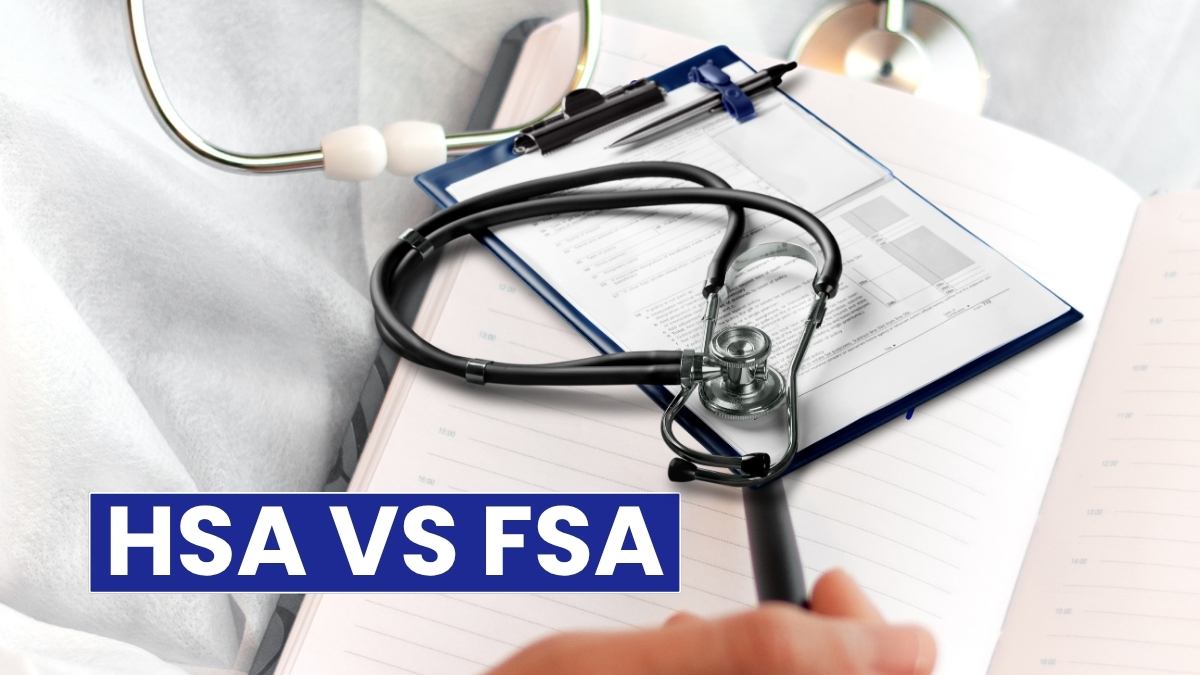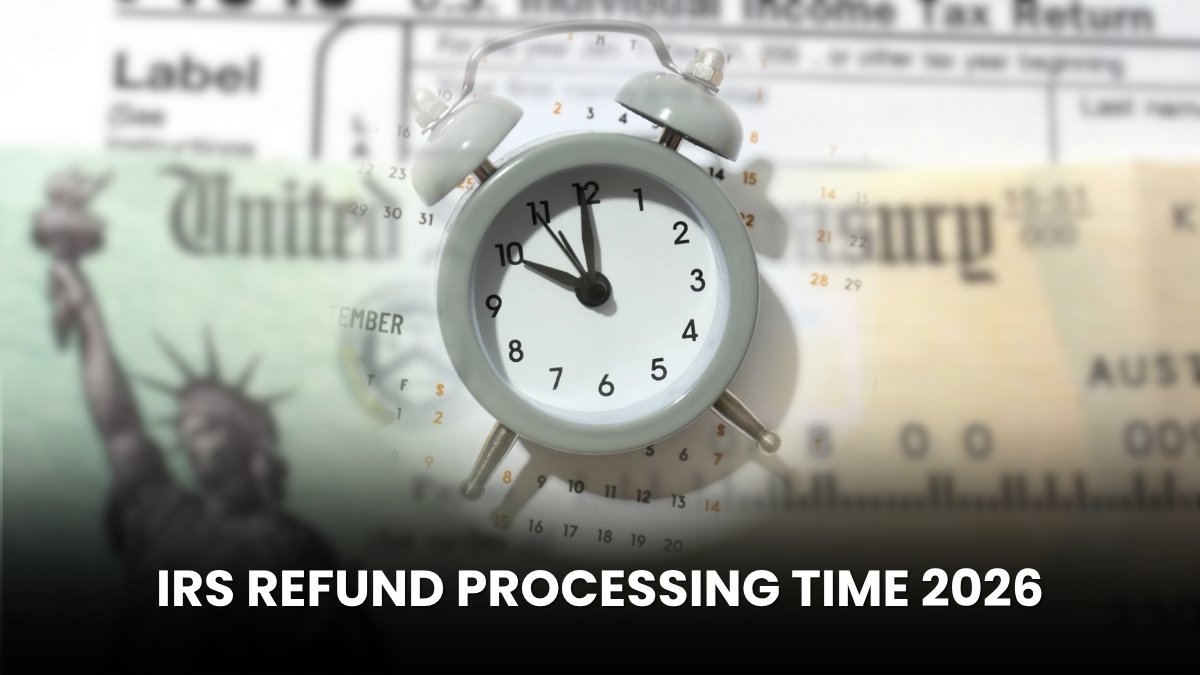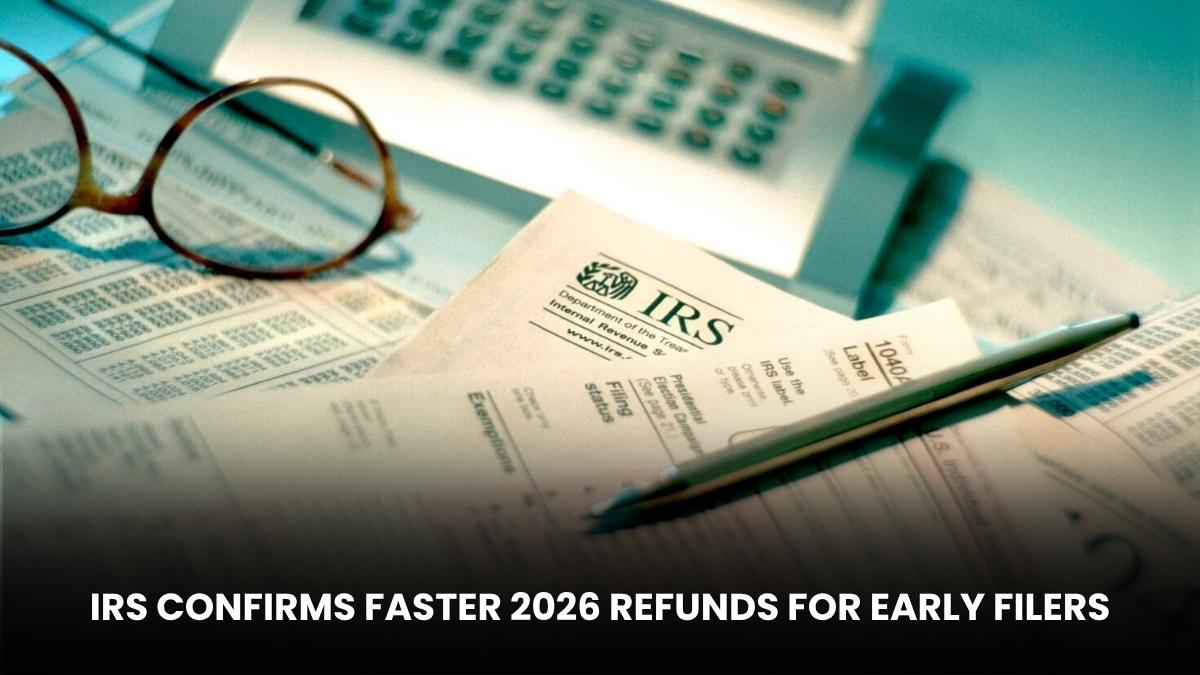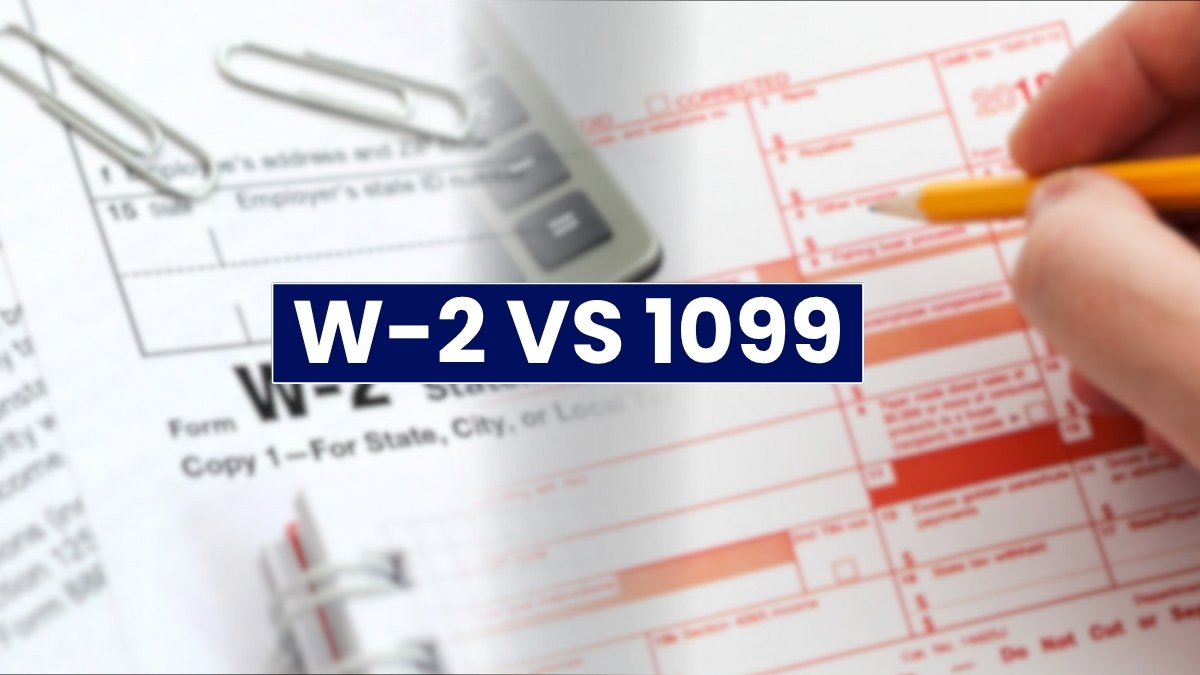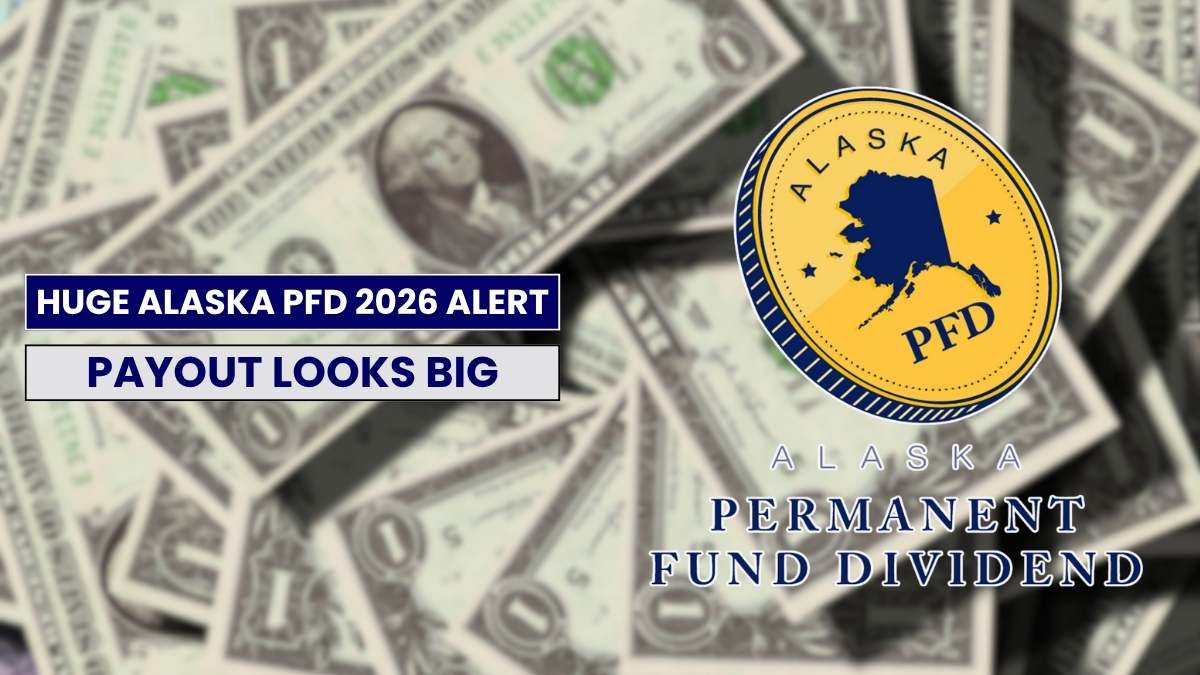Americans who pay taxes can get tax breaks on their medical bills through Health Savings accounts or Flexible Spending accounts. Many Americans find it confusing to choose between them. If you are also confused and want to save more on taxes, you can find full details about both of them, from their differences to contribution limits.
The HSA and FSA are both pre-tax savings accounts for qualified medical expenses, where withdrawals are tax-free. The accounts will have different contribution limits, eligibility, and other features that enable taxpayers to select the one that suits them.
The IRS has announced the new limits for HSAs and FSAs for 2026, which every eligible American should know if they take or wish to take advantage of these accounts. The adjusted contribution limit is based on inflation, and it will affect all the members.
What is the difference between HSA and FSA?
The HSA and FSA help the eligible citizens to put aside money for their qualified medical expenses from their payroll, and at the same time reduce their taxable income. However, both have many differences that can help you in making your choice, such as:
| Factors | HSA | FSA |
| Taxed advantage | Triple Taxed advantage (tax-free growth, contributions, and withdrawals) | Tax-free contributions and withdrawals. Double-taxed advantage |
| Owned by | Employee | Employer |
| Eligibility | Must be enrolled in the high-deductible health plan | Do not require any medical plan |
| Rollover | Can use unused funds (funds rollover) | Use it or lose it (carry forward amount for 2025 to 2026 is $660) |
| Investment | Investment allowed | No investment allowed |
| Portability | You port the account as it is not owned by the employer | Not portable as the employer owns it |
What is the new Contribution limit for the HSA and FSA in 2026?
The IRS released the contribution limit for the HSA in May 2025, whereas the limits for FSA were announced on 09 October 2025. The agency set the contribution limits to ensure that people do not misuse this tax advantage.
Based on the IRS adjustments, taxpayers can check the contribution limit for both health savings accounts below:
- HSA: The HSA contribution limit for 2026 has been increased by $100 from the 2025 limit.
| Self coverage | Family | Catch-up contributions (for seniors age 55+) |
| $4,400 | $8,750 | $1000 |
- FSA: The new FSA contribution limit for FY 2026 is also increased by $100 from the 2025 limit of $3,300.
| Health FSA | $3,400 |
| Dependent Care FSA | $7,500 |
Which ones will save your taxes for you?
If you are still wondering, HSA or FSA, which will save more taxes for you, you can get a clear idea about it based on the following points:
- If you are enrolled in the HDHP plan, then an HSA is the best choice for you, as you will have a triple tax advantage, a higher contribution limit, rollover, and other benefits over the FSA.
- If you have predictable annual medical expenses and wish to get the immediate tax relief, an FSA suits you.
- The selection of the account savings plans depends on your financial situation, your health, and your family’s health.
- Most Americans prefer an HSA due to portability, triple tax advantage, and investment options; however, if you don’t qualify, an FSA will be better.
- Remember, both HSA and FSA are tax savings options on your medical bills; you should look into all your options before selecting one.
Can you have both HSA and FSA?
If you qualify for the HSA, you can qualify for the FSA under a certain limit; however, if you are enrolled in the FSA, you cannot contribute to the HSA during the same year. The Health Savings Account holders enrolled in an HDHP can only qualify for the FSA under the following conditions:
- Not for general medical expenses
- Only covers those healthcare costs that are not covered in the health plan, such as dental and vision healthcare costs.
Remember, the IRS does not allow the overlapping of the HSA and FSA in the standard status; however, the limited purpose is enabled. You can avoid overlapping HSA and FSA through a limited-purpose FSA or a dependent care FSA.
You must avoid overlapping; otherwise, you may be obliged to pay 6% excise tax on the overcontribution or loss of HSA eligibility.
The IRS has announced the HSA and FSA contribution limit for 2026. Taxpayers who save on healthcare costs through these plans can get some relief from taxes; hence, select one wisely.
Disclaimer: HSA vs FSA 2026 information is for general awareness only. Always verify details with the IRS or a licensed tax advisor.
